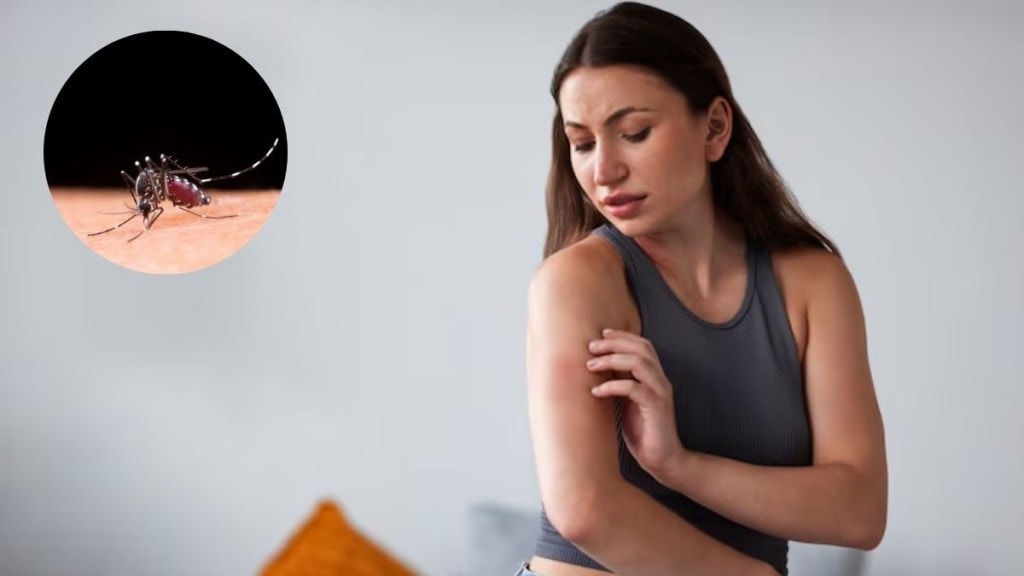After weeks of relentless heatwaves, with temperatures crossing 45 degrees Celsius in several parts of the country, pre-monsoon showers have finally brought some much-needed relief in North India. The cool breeze, cloudy skies, and rainfall have offered a much-needed respite. But even as the monsoon brings down temperatures and refreshes the air, health experts are warning of a new concern: mosquito-borne diseases.
In Delhi-NCR, the India Meteorological Department (IMD) has issued a yellow alert, predicting thunderstorms, strong winds up to 60 kmph, and lightning. While the rain makes the weather pleasant, it also creates perfect conditions for mosquito breeding. Stagnant water in puddles, open containers, and clogged drains quickly turns into breeding grounds for Aedes aegypti mosquitoes, the ones responsible for spreading dengue, chikungunya, and Zika virus.
Why monsoon mean mosquito trouble
“Mosquitoes breed in stagnant water, and the rainy season creates perfect spots for them, water collected in flower pots, tyres, rooftops, or even bottle caps,” says Dr. Shovana Veshnavi, Senior Consultant – Internal Medicine, Max Super Speciality Hospital Noida.
She explains that mosquitoes, especially the Aedes aegypti species, can lay eggs that later turn into disease-carrying mosquitoes within just 8 to 10 days. These mosquitoes are most active during early mornings and late evenings. The high humidity during monsoon further helps them survive and multiply.
“This is the time when we start seeing a rise in dengue and chikungunya cases in hospitals,” Dr. Veshnavi adds. “Prevention is always better than cure, especially with illnesses that don’t have a specific antiviral treatment,” she said.
Prevention: Simple steps to follow and keep yourself safe
The good news is that simple everyday steps are enough to protect you and your family from mosquito-borne diseases. Dr. Veshnavi shares easy preventive tips:
- Get rid of standing water: “Mosquitoes breed in still water, so empty out water from buckets, coolers, flowerpots, and plates under plant pots at least once a week,” she advises.
- Use protective screens: Keep windows and doors shut or install fine mesh screens to block mosquitoes from entering your home.
- Apply repellents: “Use mosquito repellents on exposed skin and wear full-sleeved clothes, especially in the early morning and evening hours when mosquitoes are most active,” she recommends.
- Try natural options indoors: You can also use natural repellents like neem oil, eucalyptus oil, citronella candles, or camphor to keep mosquitoes away inside your home.
The monsoon season should be a time to enjoy nature’s beauty not spend days in bed battling fever and body aches. Dr. Veshnavi says, “Awareness is the first step toward prevention. Don’t ignore small things like a puddle or open water tank, they could be a breeding hub for mosquitoes.”
Taking small steps now can help you and your family stay healthy throughout the rainy season.








